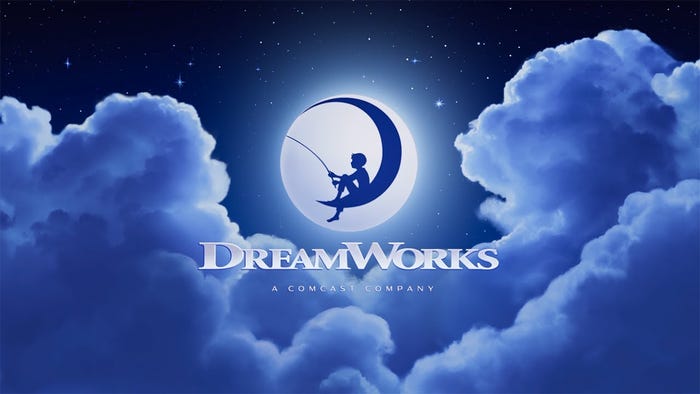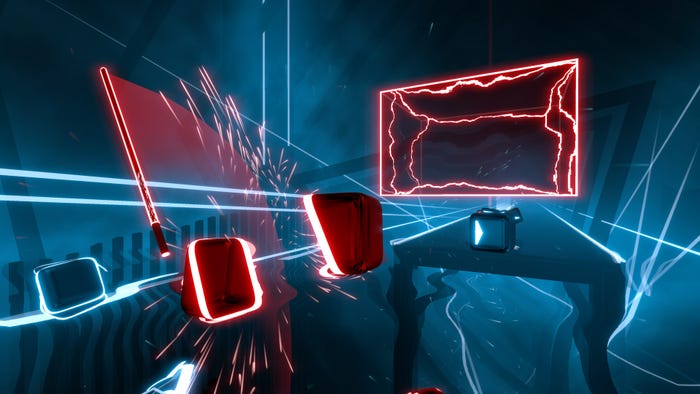The Cost of Poor Planning
After completing production on my first title, Rite of Passage, I look back at how poor initial planning for the game nearly crippled its development.

[I recently graduated Full Sail University with a Master's Degree in Game Production and completed my first title, Rite of Passage. My role was that of Producer and I managed 7 artists and 6 programmers over 5 months. Our team went through monthly milestones, in which we were graded and either continued or halted development. After competing the post-mortem for the game, I wanted to break down even further one critical issue that plauged our game over the course of it's 5-month development: poor initial planning.]
At the beginning of development our team was assembled by course instructors and we began brainstorming for a title that we all would want to play. A majority of the group enjoyed stealth games, and from there we set out to nail down the basics of our game. We didn't waste much time in getting to our first mistake, which was trying to focus on the minutae of the story and setting, and not focusing on the bigger picture of what was going to make the game actually fun. We spent far too long concerned with how our character got into his environment than what our character was going to do in it. While brainstorming, we felt that we had to know exactly who the character was, what his motivations were and why he would want to use stealth in the given situation. For a full length production this may be acceptable, but we scheduled to produce a 10-minute game that was essentially a vertical slice of a full game. We didn't have the luxury of creating an overly complex epic in the vein of Metal Gear Solid, but at the time we couldn't see the forest for the trees. We were only scheduled for one month of pre-production and already it was off to a rocky start. Eventually we were able to come up with a setting, theme & characters, but this also fed into another problem: the vocal minority dictating the design of the game.
Every team has strong personalities, and ours was no different. The issue was that the minority of people were coming up with the majority of ideas and essentially outlasting those who didn't want to fight them on their choice of mechanics or story ideas. When coming up with story ideas we had just formed as a group and most team members were eager to give input. This would later deteriorate because those who didn't want to fight to be heard simply stopped giving input and felt resigned to being on the sidelines. Each person had the same stake in designing the game, as there was no dedicated designer (an issue throughout development), and each person was encouraged to be part of the design. Unfortunately, the vocal dictated most of the designs, which led to the majority simply agreeing so that the design process could be over and we could move onto another topic.
By having no dedicated designer and a select few dictating the design, we ran into our next hurdle, which was the fact that designing a stealth game is extremely difficult. In hindsight it is easy to say that keeping it simple and only focusing on a few mechanics was necessary, but at the time more and more was added to the game. We looked at numerous stealth games, gathering our inspiration from genre staples like Metal Gear Solid and Splinter Cell, but we tried to add too much of what they do, as if we were making a fully-featured November blockbuster. Our game was only supposed to be a vertical slice, no more than a 10 minute demo, but our brainstorming white board was filled with mechanics that we wanted to squeeze into the game because "it wouldn't be a stealth game without X in it."
Eventually we tried removing some mechanics, but it turned into a game of removal and then addition. Each team member was enamored with certain mechanics, which made it even more difficult to dispose of mechanics when we needed to cut down: "It wouldn't be a stealth game without X in it." Due to this back and forth, we came down to our pre-production deadline and presented a GDD that was filled with mechanics and little in the way of actual meat. Our levels, 5 of them at the time, had been planned in a little over an hour. Our user experience, what we wanted to player to feel the second that the game started and the emotion they felt going through the environment, was garbled, and that can be seen in the end result of our game.
This poor planning eventually caused us to do massive re-writes and evaluations on whether or not what we had planned was even feasible. We re-designed nearly the entire game during our Beta month, adding in new mechanics that we had previously dropped, completely re-designing the levels and trying to finally focus on a few mechanics that worked. This was a milestone in which we were encouraged to add small features, not outright re-design the game. We didn't cut any mechanics from the game at that point, we simply stopped development on them and only fixed any bugs that were associated with them; some were scaled back as necessary.
In the end, it took us 3 months into development to actually know where we wanted the game to go and what its actual soul was going to be. Looking back, it was a bit like sailing in the middle of the ocean without a map and hoping that we would find land at some point and everything would be alright. Had we continued with where we were at the beginning of our Beta, we would have failed our Final Project, which would have sent all of our team members back to the beginning to come up with a new game. Our re-designs were a success, but the toll they took in the amount of time and resources it took to cram 3 months of development into one was nearly too great.
The lack of proper initial planning nearly cost us the entire development, but we managed to salvage what we had and find a path for our game. Many of these issues were things that I could have avoided, or at the very least, mitigated their impact. Misinterpreting the silent majority as disinterested in design altogether was a mistake that proved costly, as was allowing mechanics that were obsolete from a design perspective to linger on. As a producer, I needed to make the tough decisions to cut mechanics, even if it would have left some team members with a bad taste in their mouth. In the future, I know that being able to make these decisions dispassionately is the right way to go about things, and the lesson of what poor planning can do to a project affects, perhaps, me more than others on the team.
[You can check out Rite of Passage at ROPGame.com, and email Nick at [email protected]]
About the Author(s)
You May Also Like













